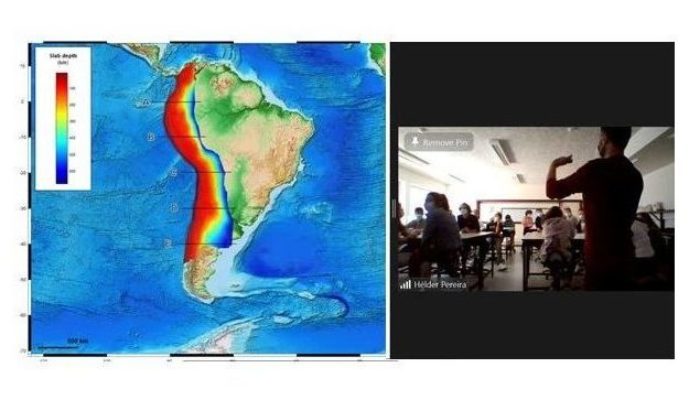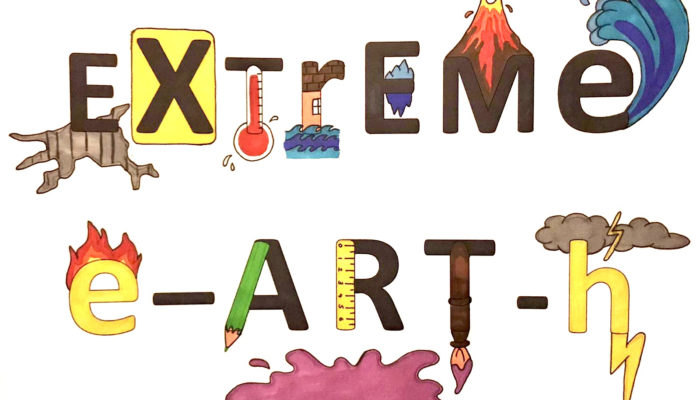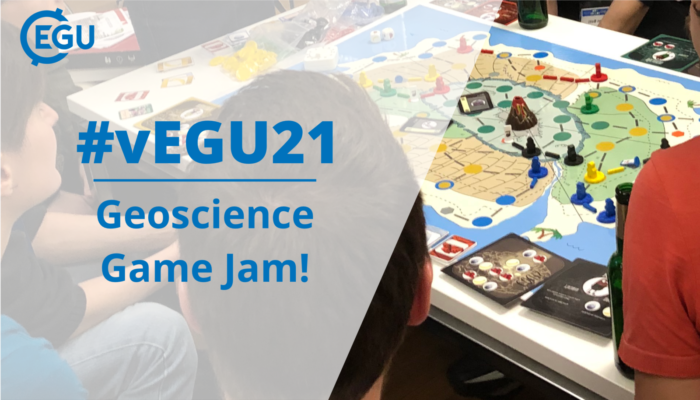For the vEGU21 General Assembly, the EGU Education & Outreach Committees tried something new. They connected school teacher, Hélder Pereira, with seismologist, Susana Custódio, to create and teach a lesson plan on a topic relevant to Hélder’s classroom curriculum: the origin of the South American volcanic gaps. The lesson was live streamed online from Hélder’s class in Algarve, Por ...[Read More]
EGU Teacher-Scientist Pairing Scheme: supporting geoscience education in schools




